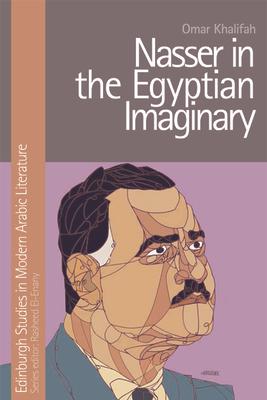The late President of Egypt, Gamal Abdel Nasser (1918-1970), has been represented in many major works of Egyptian literature and film, and continues to have a presence in everyday life and discourse in the country. Omar Khalifah's analysis of these representations focuses on how the historical character of Nasser has emerged in the Egyptian imaginary. He explores the recurrent images of Nasser in literature and film and shows how Nasser constitutes a perfect site for plural interpretations. He argues that Nasser has become a rhetorical device, a figure of speech, a trope that connotes specific images constantly invoked whenever he is mentioned. His study makes a case for literature and art to be seen as alternative archives that question, erase, distort and add to the official history of Nasser.

The late President of Egypt, Gamal Abdel Nasser (1918-1970), has been represented in many major works of Egyptian literature and film, and continues to have a presence in everyday life and discourse in the country. Omar Khalifah's analysis of these representations focuses on how the historical character of Nasser has emerged in the Egyptian imaginary. He explores the recurrent images of Nasser in literature and film and shows how Nasser constitutes a perfect site for plural interpretations. He argues that Nasser has become a rhetorical device, a figure of speech, a trope that connotes specific images constantly invoked whenever he is mentioned. His study makes a case for literature and art to be seen as alternative archives that question, erase, distort and add to the official history of Nasser.